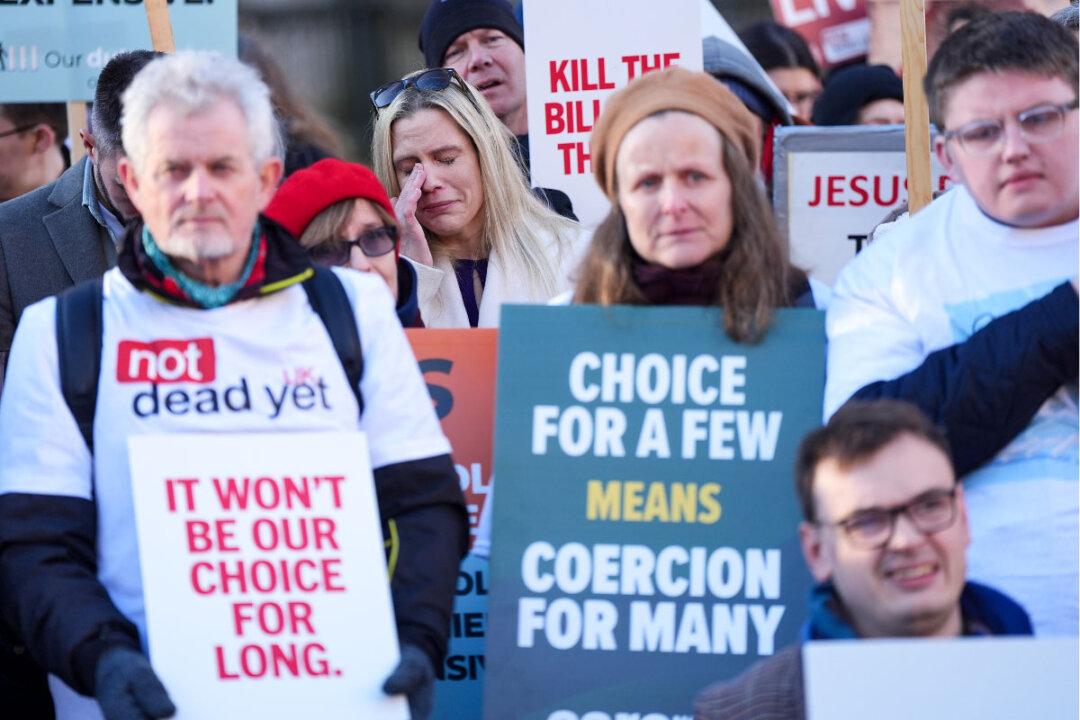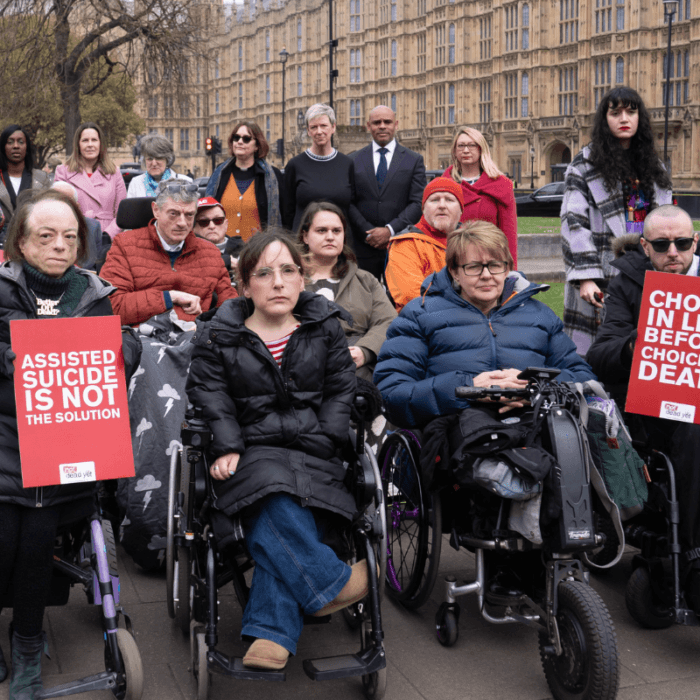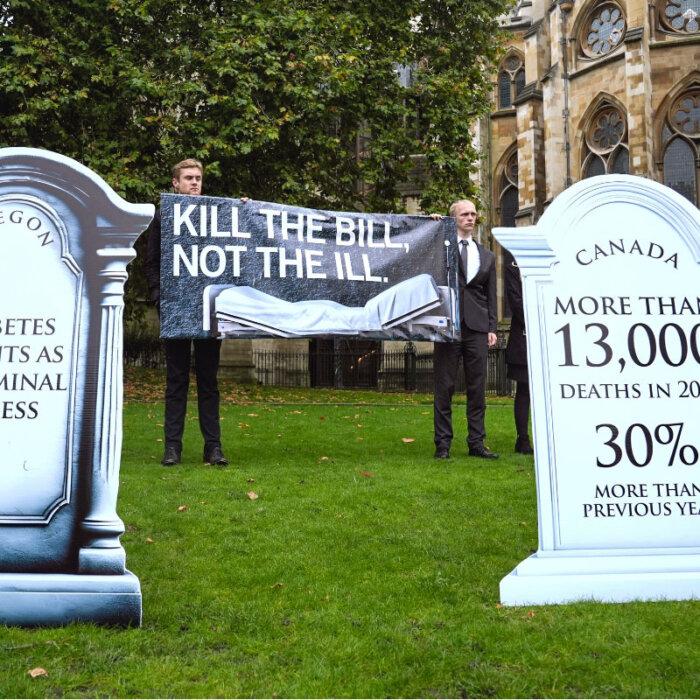A leading group of psychiatrists has said it cannot support Labour MP Kim Leadbeater’s assisted suicide bill, owing to there being “too many unanswered questions” about the safeguarding of people with mental illness.
On Wednesday, the Royal College of Psychiatrists (RCPsych) raised concerns about the ambiguity in the Terminally Ill Adults (End of Life) Bill, which applies to England and Wales.
These concerns include uncertainty around when clinicians should invoke existing mental health laws to support terminally ill individuals seeking to end their lives, while still ensuring the protection and treatment of those at risk of suicide.
The RCPsych maintains a neutral stance on the principle of assisted suicide, but the bill’s rejection is likely a setback for supporters. An amendment had proposed a greater role for psychiatrists in evaluating assisted suicide applications, which sponsors viewed as a way to strengthen “safeguards.”
‘Not a Treatment Option’
In its press release, the professional medical body outlined several flaws it found in the bill, which it urged MPs to consider before its return to the House of Commons on Friday for the Report Stage debate and Third Reading.This includes the lack of clarity in the bill’s wording on whether assisted suicide is a “treatment option.”
“Assisted dying/assisted suicide (AD/AS) is not a treatment,” the RCPsych said, stating explicitly that “AD/AS does not aim to improve a person’s health and its intended consequence is death.”
“The Bill does not specify whether AD/AS is considered a treatment option and this ambiguity has major implications in law in England and Wales. Should this Bill proceed, it should be explicit that AD/AS is not a treatment option,” it added.
The professionals also highlighted the omission of a mandatory holistic assessment of unmet needs, which could determine whether a terminally-ill person’s desire to end their own life is driven by other, treatable factors, such as intolerable pain, inadequate care, or financial hardship.
Scotland Backs Bill
The announcement came the day after members of the Scottish Parliament (MSPs) backed the general principles of a similar bill north of the border.
Pro-assisted suicide group Dignity in Dying Scotland called the vote “a watershed moment for compassion.”
Leadbeater ‘Pleased’ by Scotland’s Vote
Leadbeater responded to the news on social media platform X on Tuesday: “So pleased to see Scotland vote in favour of the principle of Assisted Dying. Personal stories are making clear: the status quo cannot be defended any longer & Parliaments across the world are listening.”
The Labour MP for Spen Valley had said at the time she proposed her Private Members’ Bill that it “will contain the strictest protections and safeguards of any legislation anywhere in the world.”







